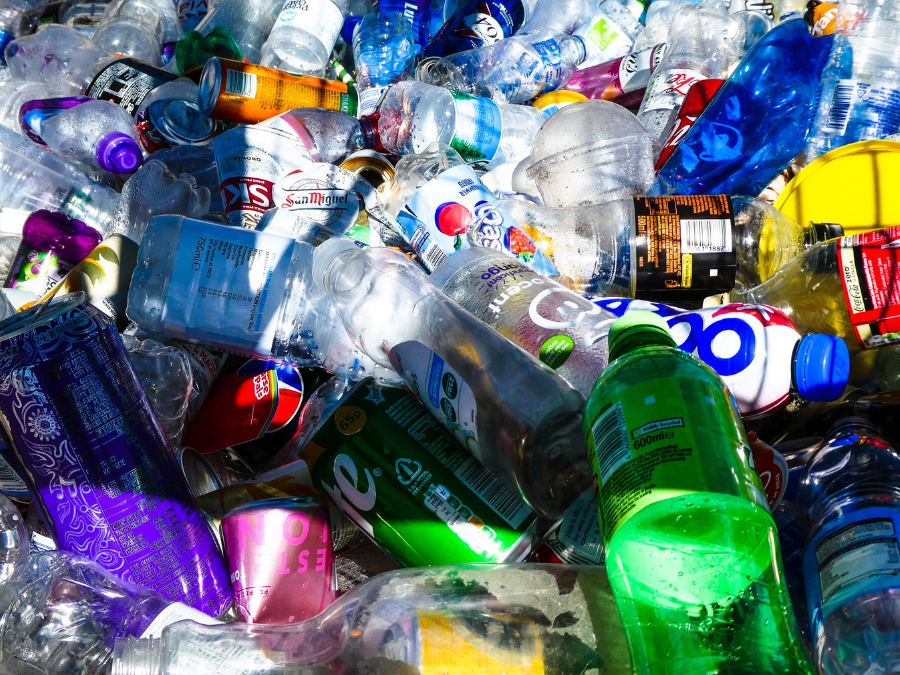
Scotland’s Deposit Return Scheme (DRS) “cannot go ahead” as originally planned following the UK government’s exclusion of glass from the project, the minister responsible for the initiative has said.
Lorna Slater, the Scottish government’s minister for circular economy, said yesterday (6 June) she is “urgently” seeking a discussion with the UK government about an alternative scheme.
Last week, the UK’s Internal Market Act approved an exemption to allow Scotland’s DRS to move forward but added that glass returns cannot be part of the scheme until England, Wales and Northern Ireland have their own DRS systems in place.
Slater said at the Scottish parliament that due to the UK government’s “11th-hour intervention” to change the DRS, “it is clear that the scope and form of the scheme that this parliament passed cannot go ahead as currently planned”.
She added: “We are urgently establishing – we have been doing this over the past 10 days – the extent to which there is a way forward for a modified scheme in relation to its scope, terms and timescales.
“Crucially, that depends on whether the UK government can provide timely, stable and reliable assurances on basic operational matters, such as trading standards, the 20p deposit and producer fees. It also depends on the extent to which there is industry support for an alternative scheme.”
MSP Liam Kerr noted Circularity Scotland, the scheme administrator, has contradicted Slater and stated that the initiative would be viable to launch without the inclusion of glass.
When asked whether a modified scheme would be operational by the due start date of March 2024, Slater said the removal of glass is “a substantial change.”
She added: “To decide whether we can go ahead with an alternate scheme without glass is a very substantial decision, so the first minister and I will meet industry representatives tomorrow and I am attempting to get a meeting with the UK government urgently to decide whether it is feasible for us to go forward with that.”
English-headquartered organisation CAMRA (Campaign for Real Ale)’s Scottish director Stuart McMahon said the DRS should be easy to understand for consumers and work seamlessly across borders.
He added: “CAMRA supports the principles of a deposit return scheme, but the Scottish Government’s proposals risked a catastrophic reduction in choice for consumers of quality beer and cider from small and independent businesses from across these islands.”
Last week, Scottish drinks company C&C Group reportedly sent a letter to the Scottish first minister Humza Yousaf that raised some of its concerns about the glass exclusion decision.
However, the UK secretary of state for Scotland, Alister Jack, stated on Monday (5 June) that Yousaf had misrepresented the group’s thoughts. Jack said on Sunday (4 June) C&C Group had informed him it is actively seeking and supporting a UK-wide rollout of the scheme, instead of a glass-inclusive Scotland-first launch.
Yousaf had meanwhile written to UK Prime Minister Rishi Sunak saying the glass exemption had put Scottish businesses at a “competitive disadvantage due to the last-minute demands”.
Yousaf wrote: “There is little doubt your government’s actions have put the future of DRS in grave danger not only in Scotland but also in the rest of the UK due to the damage to consumer and investor confidence.”



